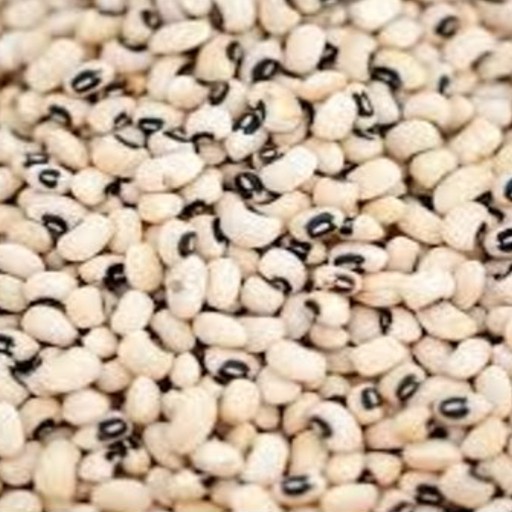
Black-eyed Bean
Black-eyed Bean
Black-eyed Bean, is also known as black-eyed peas.
Nutritional Benefit of Black-eyed Beans:
According to article by Ms.Emily Waters on 27th April 2021, published on “Medical News Today”, Black-Eyed Beans,
1. Are source of important nutrients. Black-eyed bean is a good source of cmplex carbohydrates, fibre and many essential vitamins and minerals.
2. Aid digestion. Black-eyed peas can help improve digestion for some people due to their fiber content, which can help promote regular bowel movements.
3. May lower blood pressure and inflammation. According to a 2018 review, the black-eyed pea’s close relative, the cowpea, may lower the risk of diabetes, reduce inflammation levels, and stabilize or lower blood pressure.
4. May help with maintaining a healthy weight. Black-eyed peas are a rich source of complex carbohydrates, which take longer to digest than simple carbohydrates. As a result, people who eat them may feel fuller for longer, which may help with reaching a moderate weight.
5. May help lower cholesterol. There is evidence that regularly eating legumes can help lower low-density lipoprotein (LDL) or “bad” cholesterol. Lowering high cholesterol can reduce the risk of heart disease. Additionally, a 2017 review found that a diet generally high in fibre may reduce the risk of coronary heart disease.
6. Support eye and skin health. Black-eyed peas contain an impressive amount of beta carotene, which the body converts to vitamin A. In one serving alone, black-eyed peas meet a quarter of an adult’s daily vitamin A needs. Vitamin A helps maintain healthy eyes and skin, protecting and lubricating the mucous membranes around them.
